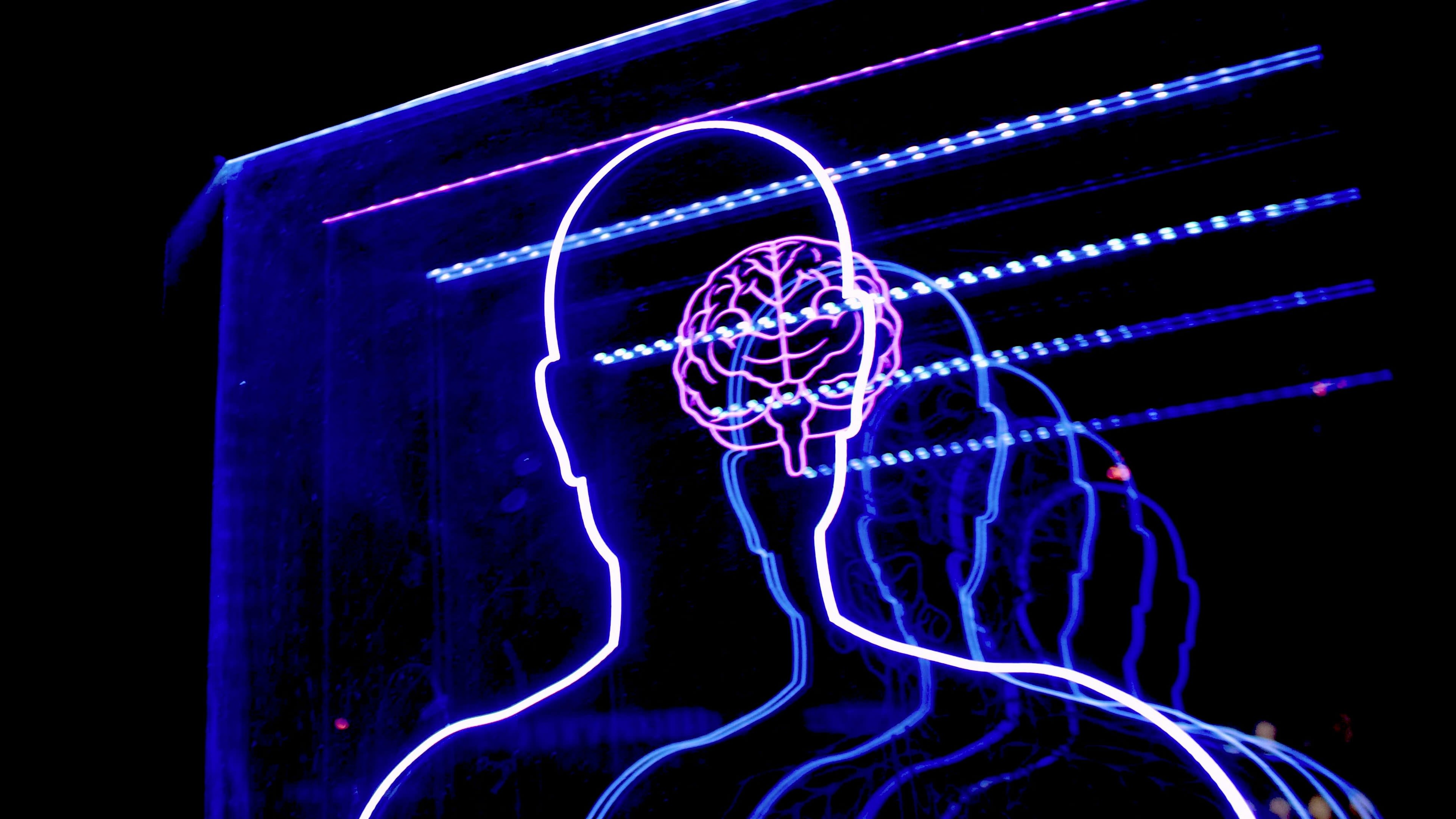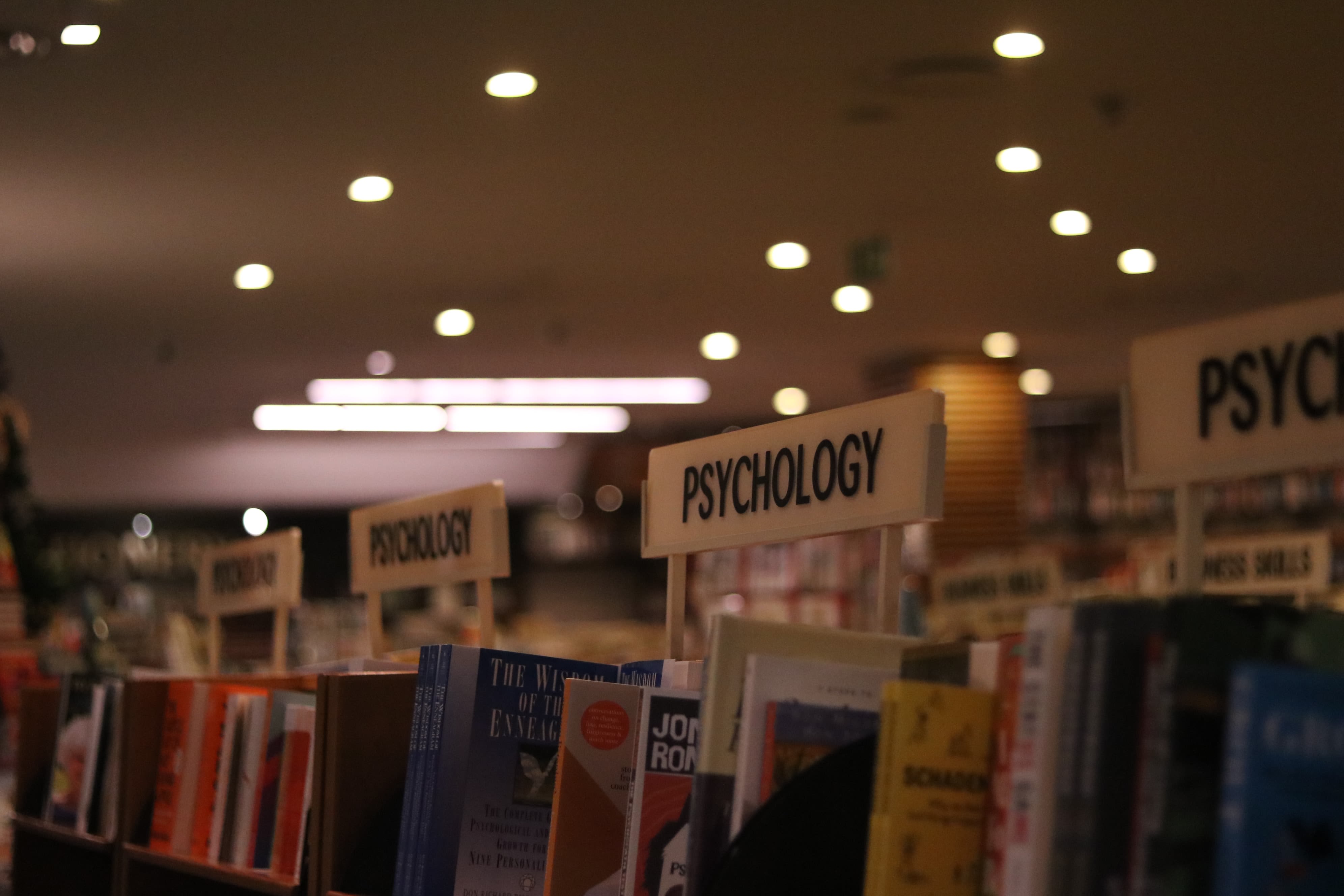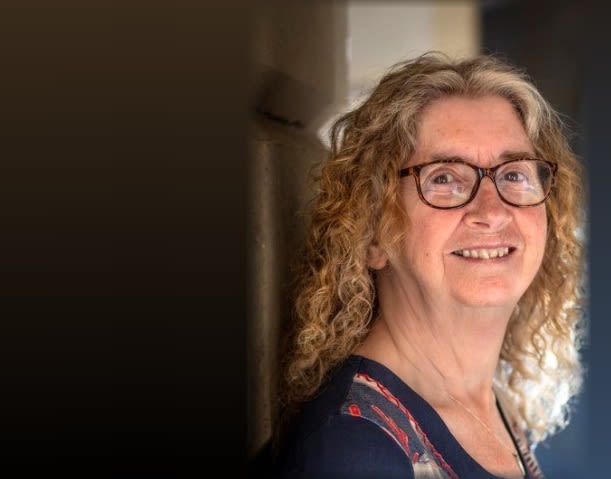Understanding behaviour to improve society for everyone

Why do you think, behave and feel the way you do? How does that affect your memory, the way you communicate and your ability to complete tasks?
Psychology - the study of the mind and behaviour – tries to get to the bottom of questions like these.
Research seeks to understand what influences people’s behaviour and how we can harness this information to improve society for everyone.
How do you feel?
Psychologists analyse human behaviour, emotions, and mental processes but how one person feels, reacts or sees the world is not the same as others.
Understanding how people think, feel and communicate with each other requires understanding at an individual level. And individual volunteers are essential for every study.
Since the 1980s, members of the public have been supporting University of Aberdeen psychology research.
Volunteers have taken part in computer-based tasks, questionnaires, focus groups, or interviews.
Others have experienced virtual reality environments, communicated with a humanoid robot or identified mystery substances by touch.
The time that they give up is helping psychologists to answer key questions from how we decide who to trust to how COVID-19 affected our memories, and how ageing influences the way we read emotions from a face.

An inclusive approach
Research in psychology includes understanding how gender, race, ethnicity, sexual orientation, social class, and other factors shape individuals’ experiences and how they inform one’s sense of identity—all of which has implications for health and well-being.
Ignoring minority and marginalised groups risks overlooking crucial insights into the way we think, feel, and interact.
Professor Louise Phillips explains: “We carry out research into how people think, feel and communicate with each other – but we can only do this with the help of our diverse range of volunteers from a broad range of backgrounds.
“For example, we can only understand diseases which affect the brain such as dementia or stroke by also researching volunteers who have healthy brains. Moreover, by including people with different cognitive profiles, such as with autism or ADHD, we can explore the diverse ways in which brains can function.
“This inclusive approach makes our data richer and promotes a more comprehensive view on human cognition and behaviour.”

Changing our understanding
Studies based on the responses of volunteers have shed new light on a range of issues.
Recently work by Aberdeen psychologists found that when encountering a group of people, individuals judge their trustworthiness by combining their facial features together into one ‘composite face’ and making one judgement based on this combination of faces – all of which happens within a fraction of a second.
This is contrary to what was previously thought - that we judge each person individually this amalgamation of facial features, the researchers say and can have implications for how we perceive people in groups such as in eye-witness identification line-ups and may even be applied to understanding or influencing our judgements of the trustworthiness of members of a political party.
Other work showed that older adults are not as good at detecting sarcasm as their younger counterparts.
Research which included panel volunteers found that adults over 65 were more likely to misinterpret sarcastic comments and take the literal meaning, rather than the intended. The results indicated that this might affect our relationships and friendships as we age.
Panel members also took part in research which showed that as we age, we interpret information from faces in a different way. Contrary to the idea that the ‘eyes are the window to the soul’ older people actually make more use of information from the mouth region of the face when trying to work out what someone else is feeling. This is normally an effective strategy – except during Covid, when the mouth region of our face was often covered by facemasks.
In another recent study, interviews revealed that older people were particularly motivated by social factors when trying to remember appointments or tasks. While some people had explored using technological solutions or mnemonics to support their memory, it was more effective to use social support such as joint calendars or shared reminders.


Supporting psychology research
Retired librarian Rhona Robertson turned a lifelong interest in psychology into a decade-long association with the University as a volunteer.
She says: “Psychology has always interested me but not enough to dedicate the time needed to study and take exams. I think most of us are intrigued by what makes people tick, how we feel and think about things and how our minds work.
“So when I saw an invite to become a volunteer at the University I thought ‘why not’. I live quite locally and the studies don’t take up much time.
“It’s fascinating to take part in something where there are no wrong answers and I enjoy hearing about the outcomes of the research I have taken part in.”
Rhona has volunteered on many studies from those looking at faces and expressions to others looking at spatial awareness.
She has also supported dementia research and a study exploring the reading habits of older people.
“As a former librarian that one was particularly close to my heart,” she adds. “It’s something important to understand not just from a wellbeing perspective but when it comes to the services we provide like libraries
“The things being researched are important and make a difference to people’s lives so I’m really pleased to play a little part in that.
“I’m fascinated by how our brains can work so differently and it’s definitely a valuable way to spend an hour.”


We need you
University psychologists are currently recruiting for new volunteers to take part in their studies.
Those willing to consider participation can join a mailing list where they will be told about forthcoming studies and invited to express and interest in taking part.
“The good thing is you can pick and choose what suits you,” Rhona adds.
“Some of the studies really appeal and I think ‘I definitely want to be part of that’. Others I might not feel are right for me but there’s no pressure and it’s always nice to receive the emails outlining what the studies are for.
“Most of those I’ve taken part in have lasted less than an hour and I’ve got to know other volunteers at the get-togethers – and discovered other people I know also take part!”
A volunteer event will be held on Friday 7June at 2pm in the Linklater Rooms at the University. You can sign up here Anyone aged 18+ can join the panel.
Professor Phillips says: “Every single research volunteer makes an important contribution to our efforts to understand what influences people’s behaviour and how we can harness this information to improve society for everyone.”

For information on the panel and how to join visit Participant Panel | The School of Psychology | The University of Aberdeen (abdn.ac.uk)
